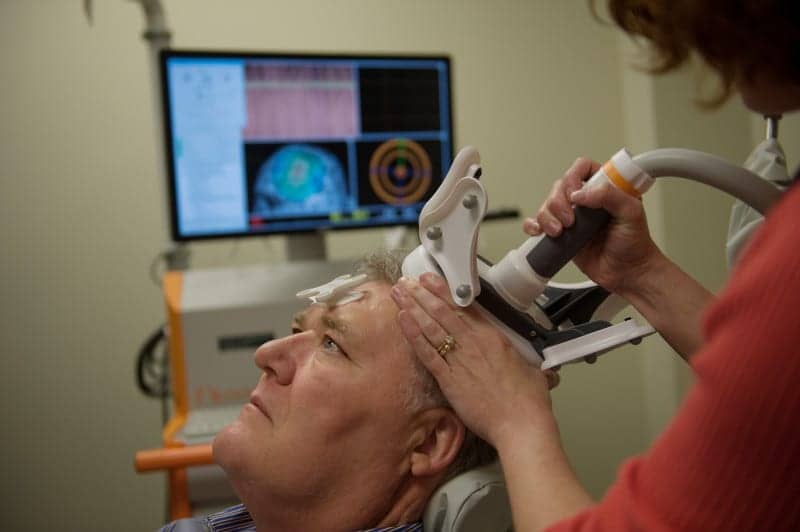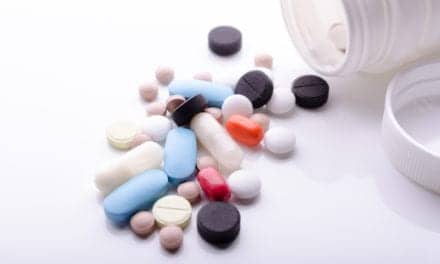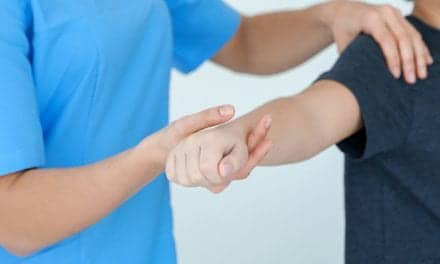Researchers at the Shepherd Center are studying whether stimulating the brain before rehabilitation could produce greater gains in motor function for stroke survivors. The center is testing a navigated brain stimulation system developed by a Finnish medical technology company called Nexstim, which uses therapy to apply a mild electromagnetic current to excite the brain. The device provides visual guidance to the operator, who uploads and correlates MRI pictures of the patient’s brain with the infrared guidance system.
The Shepherd Center is one of 12 centers in the United States participating in a clinical trial that is evaluating whether combining navigated transcranial magnetic stimulation (TMS) of the brain with standard occupational therapy can measurably improve hand and arm function following a stroke. According to a Shepherd Center news release, clinicians in the new trial believe that TMS works by slowing activity in the healthy area of the brain, which can become overly active after a stroke.
Ford Vox, MD, primary investigator of the study, says, “By reducing brain activity on the side of the brain that was not injured, the injured side may actually have a better chance of recovery.” Eligible participants receive either the navigated brain stimulation or a sham treatment in conjunction with 6 weeks of hand and arm therapy provided by an occupational therapist. Visits start with 20 minutes of task-oriented activity followed by the treatment or simulated therapy and then 1 hour of upper-limb rehabilitation.
The goal of the treatment is to improve a patient’s range of motion, flexibility, coordination, and strength as well as the use of the weak arm and hand.
Vox states, “It’s really a seminal study in neurorehabilitation that, if successful, will change common practices for how we take care of certain stroke patients. We have this golden opportunity right after someone has a stroke when we know people are most likely to improve or recover function, and this therapy may offer patients the best potential.”
Vox adds, “We are excited to be involved in this trial. If the trial proves successful, it represents a big moment in this field of medicine: For the first time, we could have an FDA-approved form of noninvasive brain stimulation to help people with stroke by promoting concrete motor improvements.”
[Photos Appears Courtesy of Louie Favorite]
[Sources: Shepherd Center, Science Daily]





